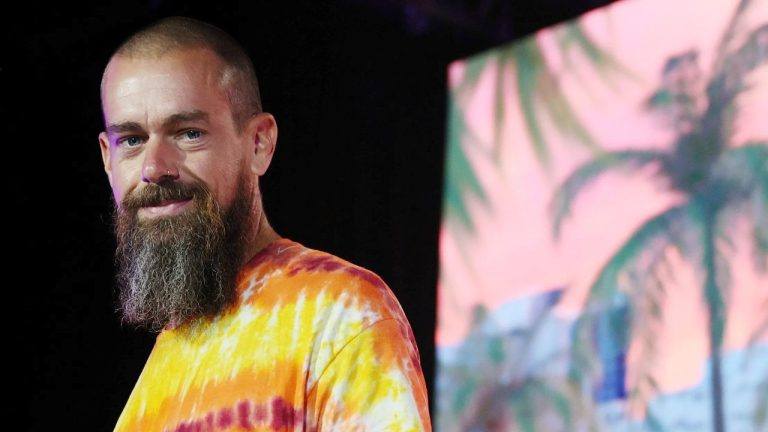‘Too Complicated’: Discrimination Against LGBTQ+ And Other Groups In NYC Real Estate
3 min readEvery June, New Yorkers celebrate Pride. From the extraordinary bravery of the young people at Stonewall, through the terrible years of the AIDS crisis when everyone in New York lost friends or neighbors or family, to the creation of GMHC and ACT UP, New York has always been at the forefront of the movement towards the all-too-slow embrace of the LGBTQ+ community. I am proud that members of this community have always been leaders in the real estate world, not only as facilitators but also as pioneers.
Gay men and women, like artists (or the starship Enterprise), bravely go where others will not. From Key West to Hell’s Kitchen, gay pioneers have been at the forefront of housing rehab while at the same time opening stores and encouraging service providers in formerly blighted areas. Although gentrification has a bad name today, often with reason, it has also contributed substantially to the rehabilitation of tumbledown housing stock and the return of services to many towns and neighborhoods.
In spite of these contributions, gay individuals and families have often met with housing problems. Even as DINKs (Dual Income No Kids) and GUPPIES (Gay Urban Professionals) presented an ideal economic picture to sellers and landlords, prejudice against members of the LGBTQ+ community has been rife. In the early 1980s, when I first entered the real estate business, gay couples of any gender were simply considered “roommates,” regardless of their age. A gay couple wanting to buy a co-op apartment (and there were very few condos at that time) had to designate one member, typically the higher earner, to be the frontperson, whose name would appear on the proprietary lease and whose board application would include no mention of the partner. Of course, at that time, unmarried opposite-sex couples often got the same treatment. As did women attempting to buy a co-op alone. Prejudice against any but the most heteronormative lifestyles ran rampant in the world of co-op admissions.
As the decades passed, co-op boards did begin to ease up. First, it became more difficult to discriminate against women buying alone (the frequent complaint heard from old white men on co-op boards: “But you don’t know who they might marry!”) Then, as cohabitation without the sanction of marriage began to permeate all echelons of New York life, unmarried opposite-sex couples became more acceptable as co-purchasers. Gay men were next, although even the best-known representatives of the fashion and art worlds were liable to endure at least ONE board turndown in the fancier Upper East Side buildings before securing a home. Today, very few buildings hold onto sexual orientation prejudice, which has of course been illegal in New York City since early 2003. It does, however, still crop up occasionally. Not too many years ago, the board of a tony Upper East Side co-op rejected a gay couple, one of whom led a major real estate investment trust. “Too complicated,” sniffed the older lady who headed the board.
In 2021, as bigotry and social conservatism sweep many parts of our country again, and attempts are made at every level of the courts to uphold the rights of the prejudiced, New York’s ongoing role as a leader in acceptance shines forth more brightly. Nowhere else does the extraordinary contribution of the LGBTQ+ community shine more brightly in every area of endeavor, from politics to professional sports, from finance to the arts. Not for nothing does our city have the most rigorous fair housing code in the nation. The city’s deepest gratitude goes to our gay and trans neighbors, as it does to all our citizens, for creating the beautiful, diverse, challenging, and uplifting metropolis in which we live.







